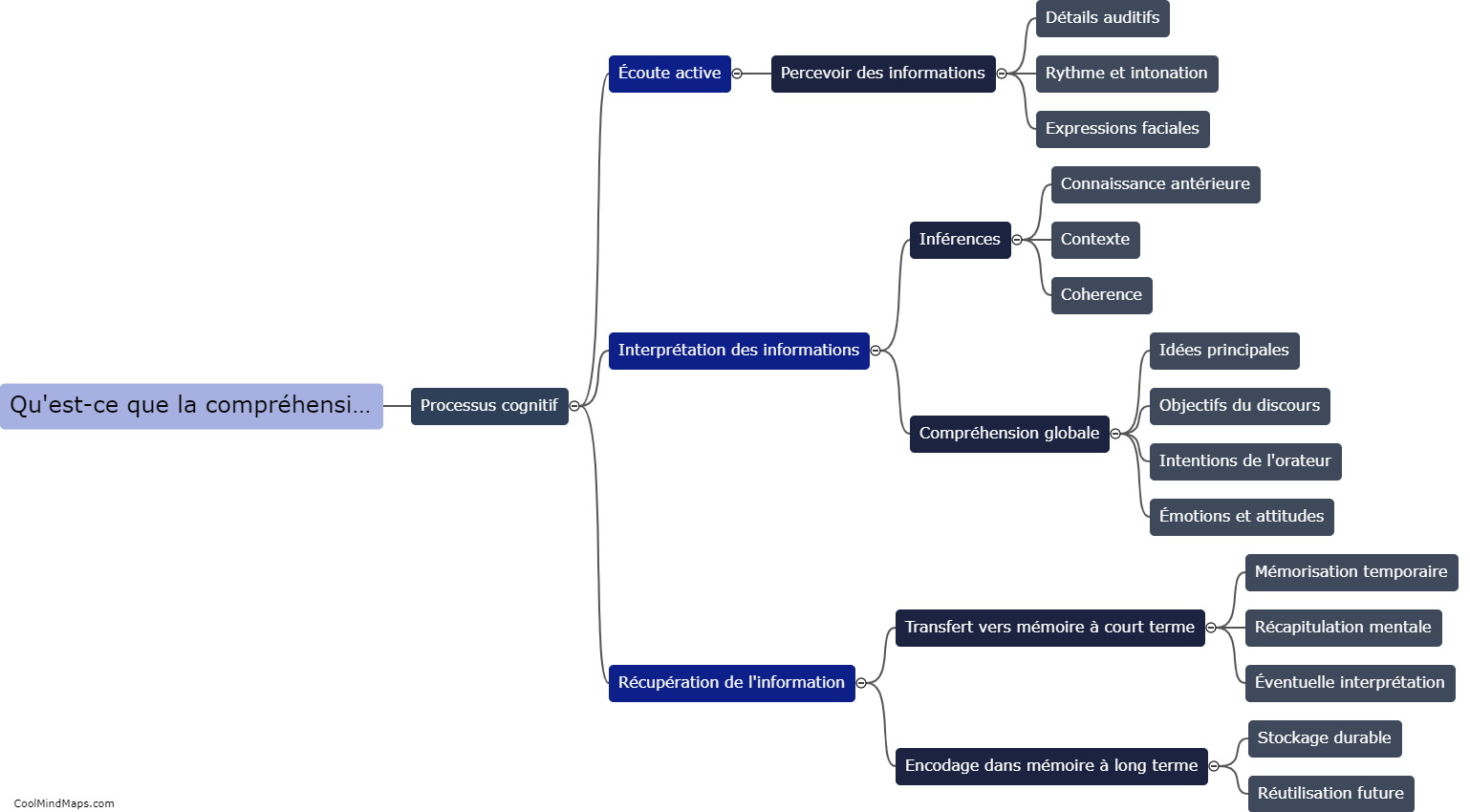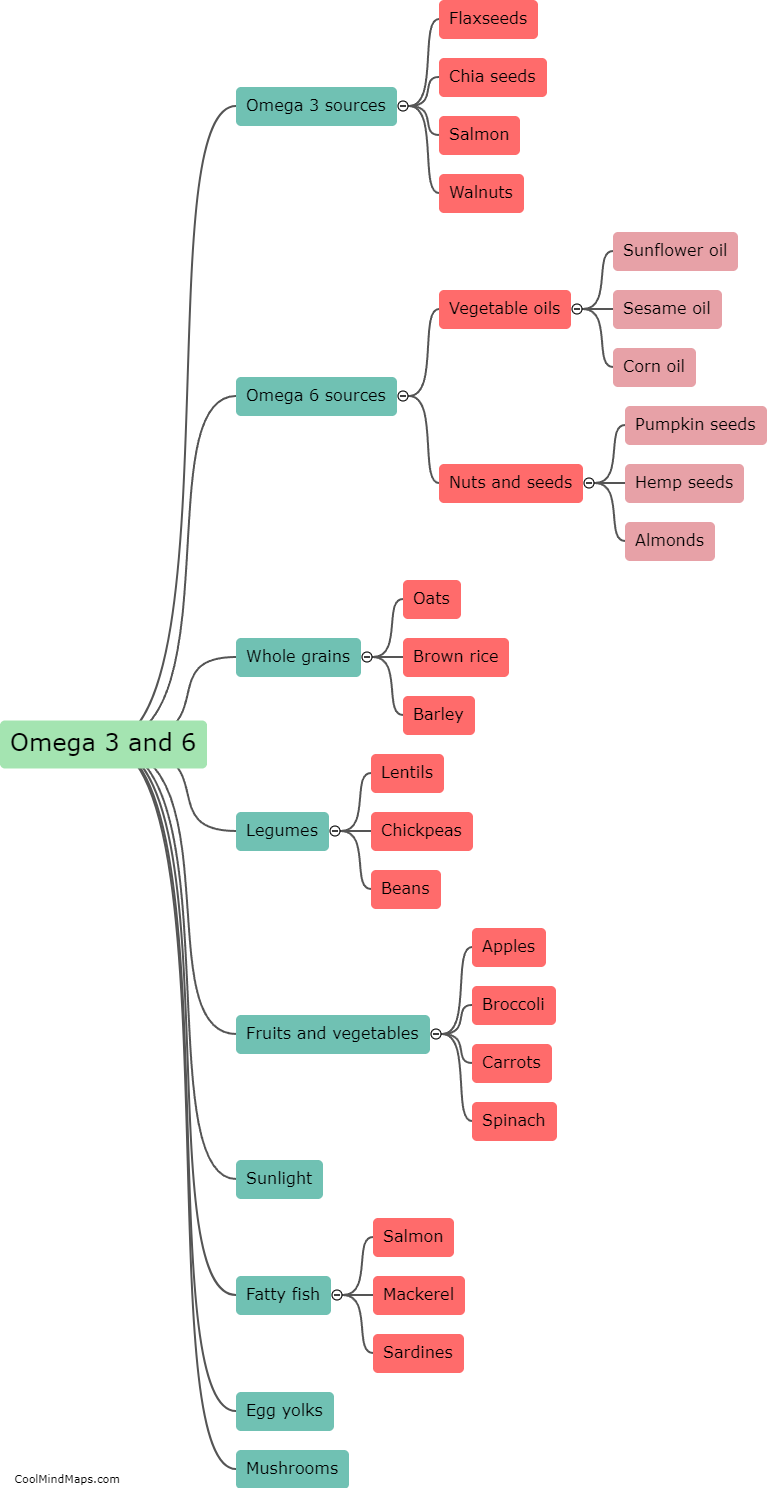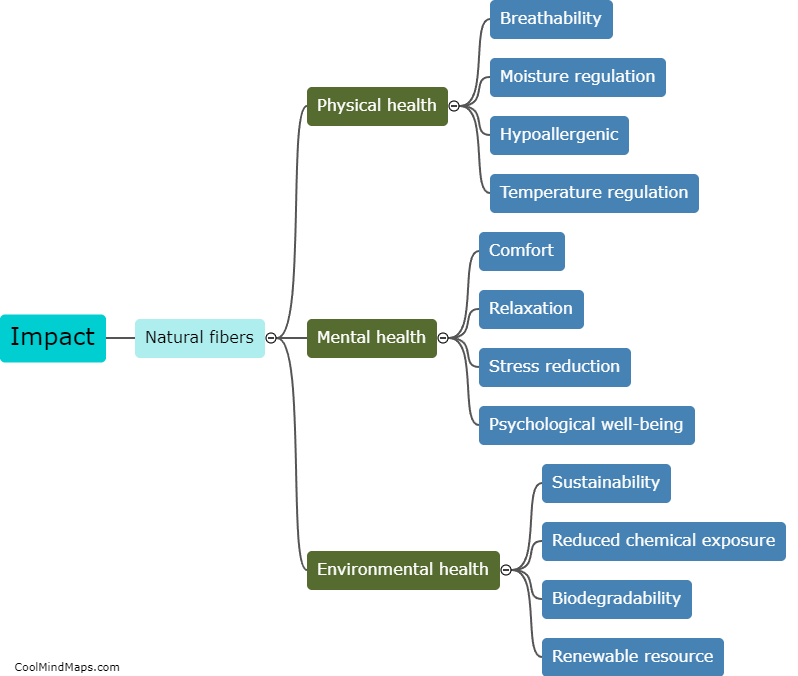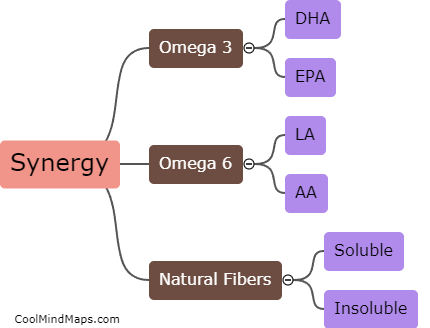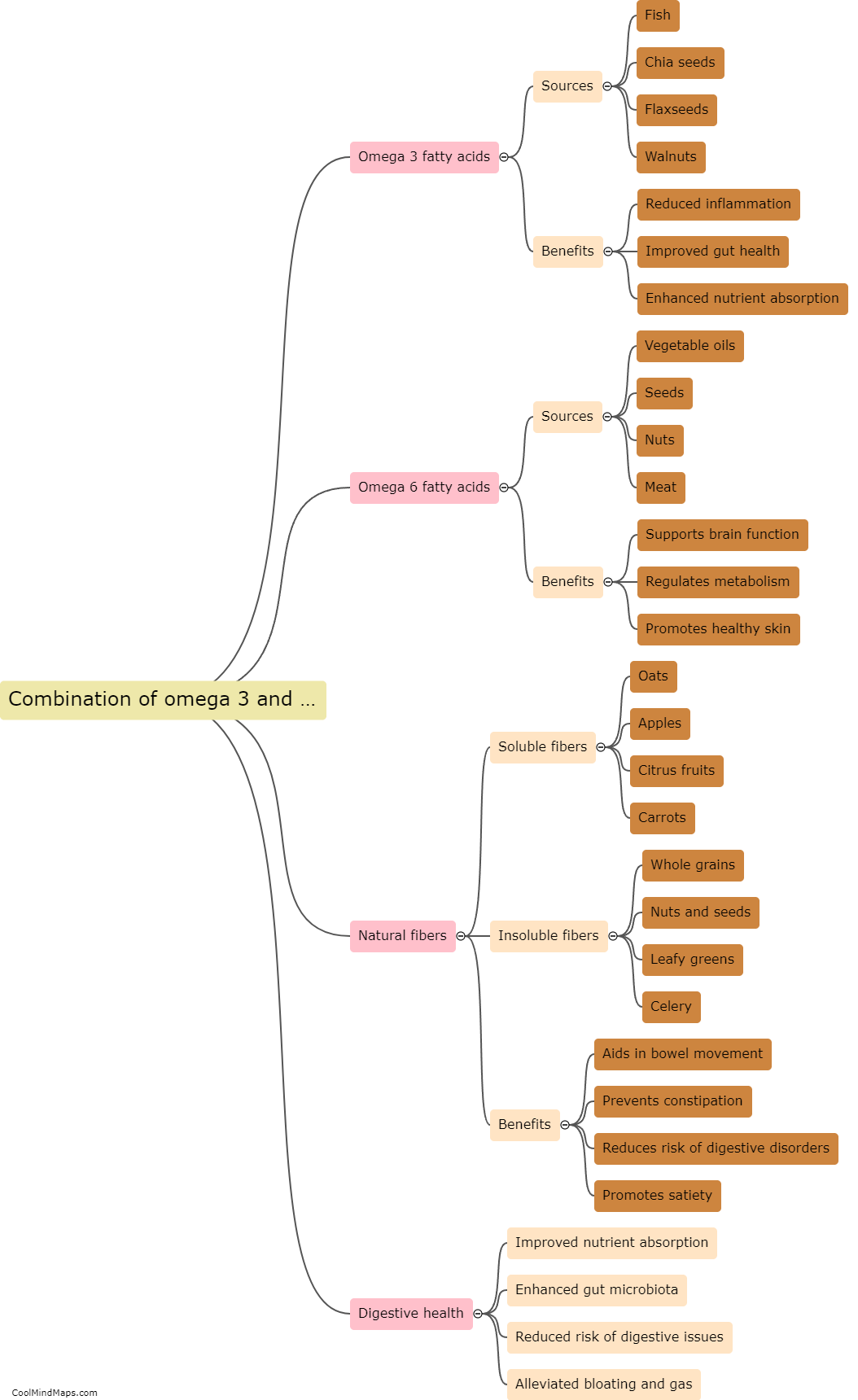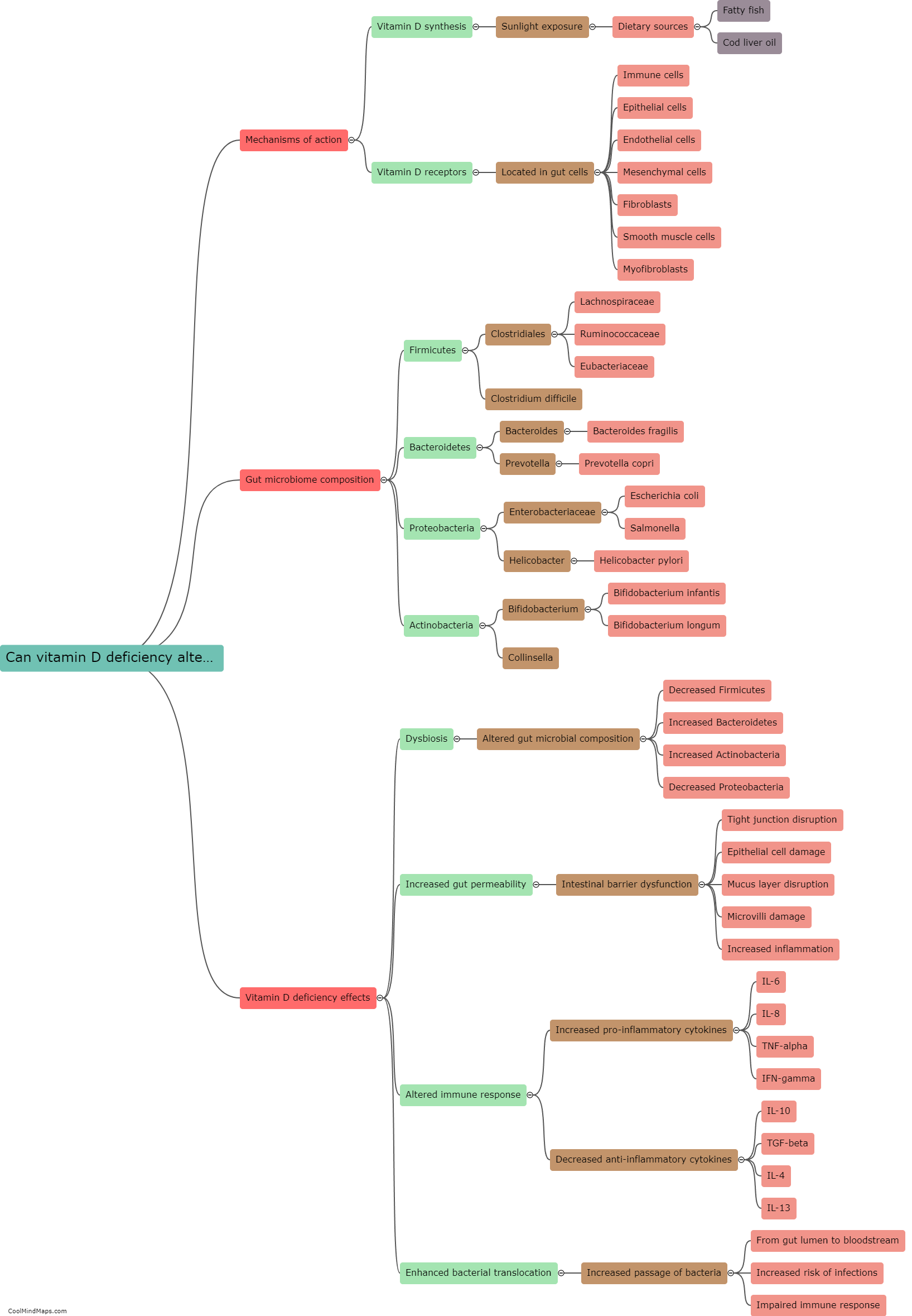How do omega 3 and 6 fatty acids and natural fibers affect gut health?
Omega-3 and omega-6 fatty acids play a crucial role in gut health. Omega-3 fatty acids, commonly found in fish oil and flaxseed, possess anti-inflammatory properties that can reduce inflammation in the gut. They help maintain a healthy gut lining, improve digestion, and enhance the balance of gut bacteria. On the other hand, omega-6 fatty acids, which are abundant in vegetable oils and processed foods, can promote inflammation when consumed in excess. It is important to balance the intake of omega-3 and omega-6 fatty acids to maintain gut health. Additionally, natural fibers, such as those found in fruits, vegetables, and whole grains, act as prebiotics in the gut, nourishing beneficial gut bacteria. This leads to the production of short-chain fatty acids that promote a healthy gut environment, improve bowel movements, and enhance overall gut health. Collectively, incorporating omega-3 and omega-6 fatty acids in the right balance along with natural fibers can help support gut health.

This mind map was published on 1 October 2023 and has been viewed 108 times.




